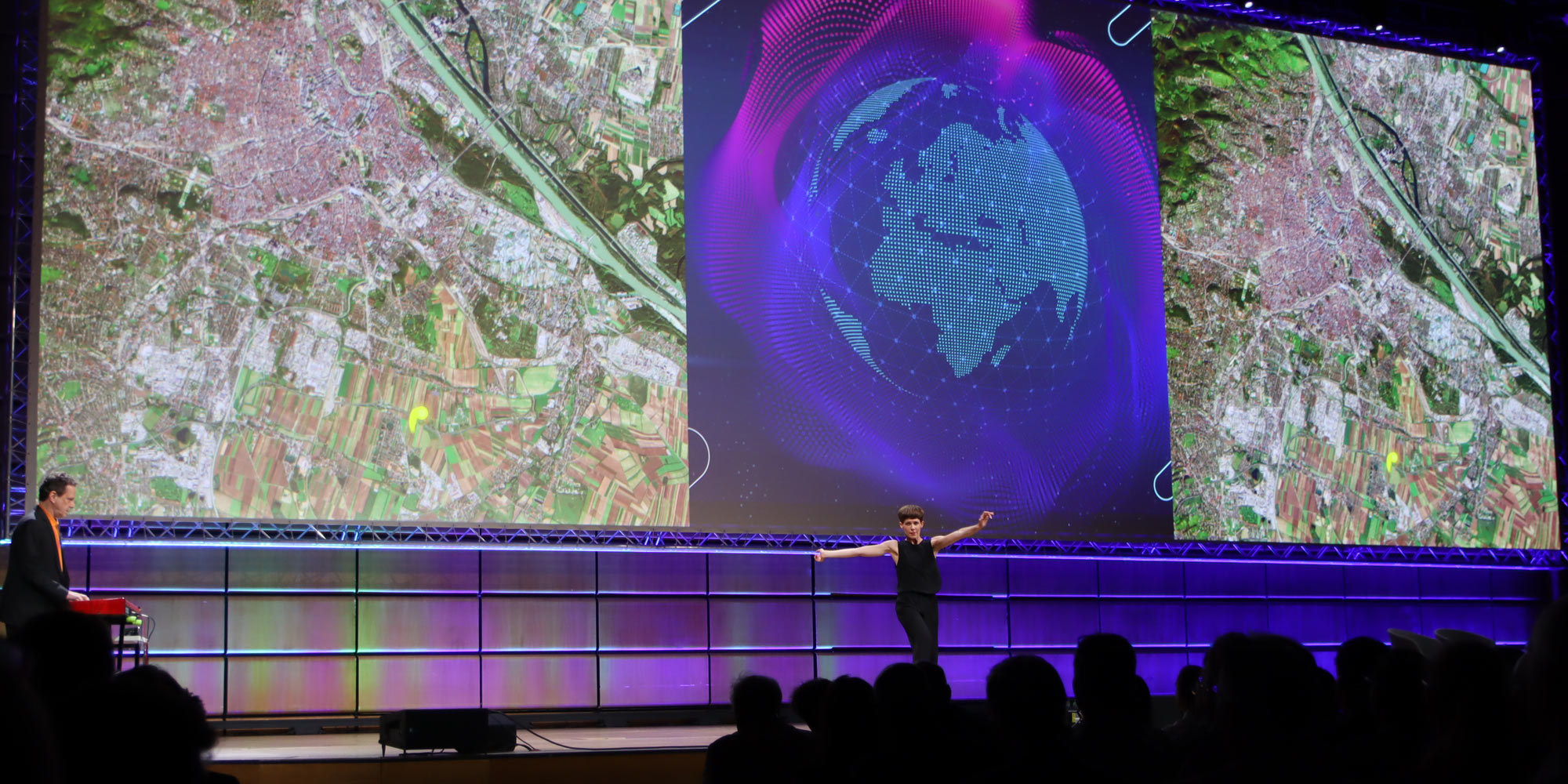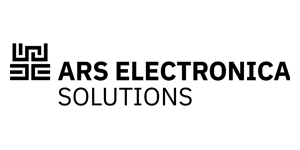This session transforms science into a multisensory experience, where data becomes sound and Artificial Intelligence becomes tangible. Satellite imagery reveals the invisible. In collaboration with leading research institutions, Ars Electronica presents immersive works that make complex knowledge accessible and emotionally engaging. The program showcases climate change visualized through Earth observation data, interactive insights into ESA’s use of AI, and a poetic performance that turns urban satellite data into movement and music. It demonstrates how science can inspire, connect and move us.
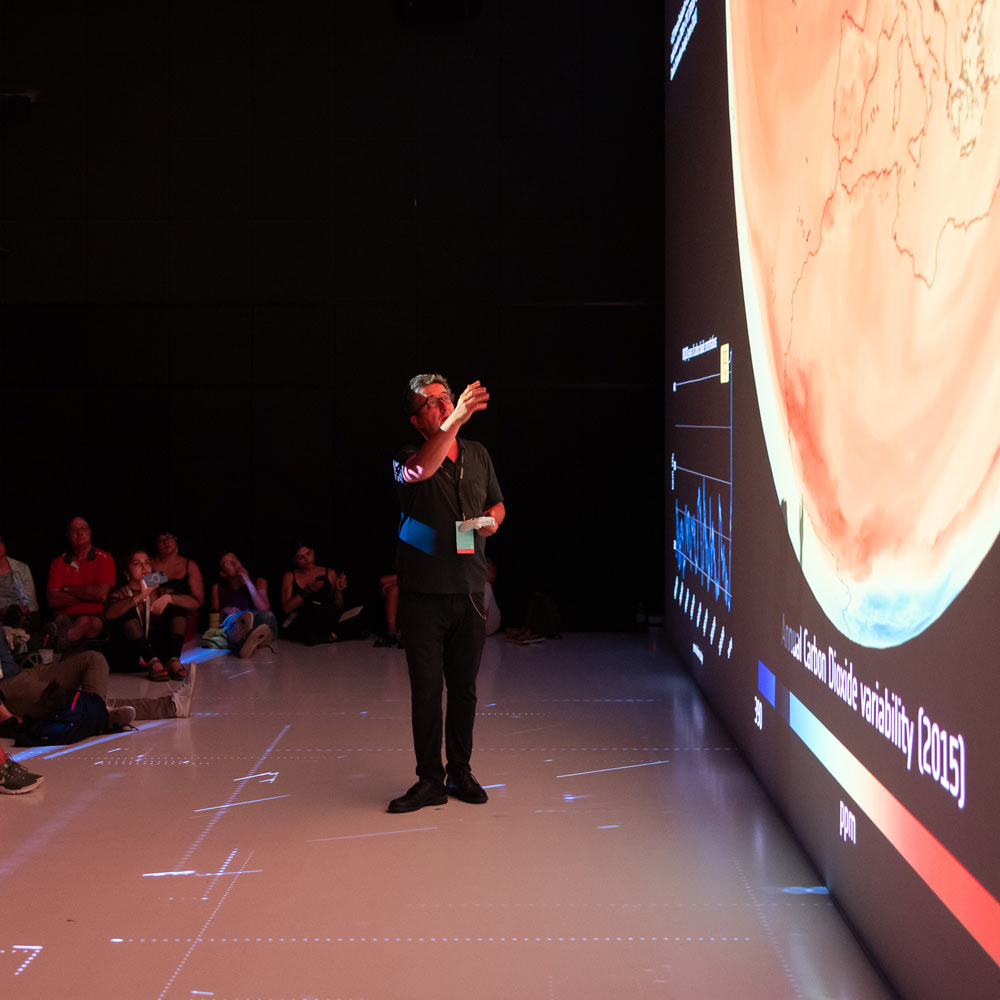
The Art of Science / Earth from Space / Ars Electronica Solutions - Photo: vog.photo
Performance
The Art of Science
Ars Electronica Solutions (AT)
Language //
EN
Ticket //
FESTIVALPASS, FESTIVALPASS+, ONE DAY PASS, Ars Electronica Center Ticket
Info //
Registration required / Registrierung notwendig
-
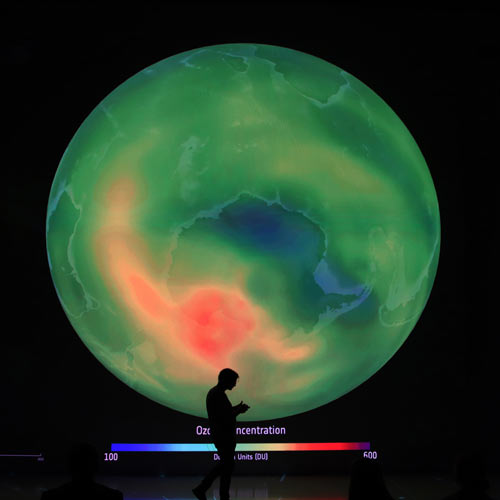
Photo: Robert Bauernhansl
Ars Electronica Solutions
Ars Electronica Solutions conceptualises, designs and implements interactive, multi-sensory experiences for temporary and permanent exhibitions, brand landscapes, trade fairs, and events. The operational and creative arm of Ars Electronica develops customised projects for international clients and transforms ideas into immersive digital experiences. Whether through interactive installations, impressive visuals, or immersive storytelling—messages are brought to life in an extraordinary way with artistry, ambition, and playful elements and inspire amazement.
-

Photo: Justin Bercich
Justin Bercich
Justin Bercich is the co-founder and CTO of Impact AI, where he leads the development of the AIProductOps platform, enabling teams to deliver high-quality, safe, and aligned AI products through agent-based automation and contextual verification. He holds a PhD in deep learning and has over a decade of experience in applied AI. His AI career began with building the first AI projects at institutions like the Financial Conduct Authority (FCA), where he worked on large-scale analysis of high-frequency trading data. He later joined the founding teams of successful AI startups, most notably Lucinity in Iceland, an anti-money laundering platform serving major financial institutions. He is also a patented inventor in federated learning, with innovations focused on privacy-preserving AI that enables decentralized model training across distributed data sources. At Impact AI, he draws on this expertise to design protocols and infrastructure for compound AI systems, ensuring traceability, continuous testing, and real-world value alignment across the product lifecycle.
-
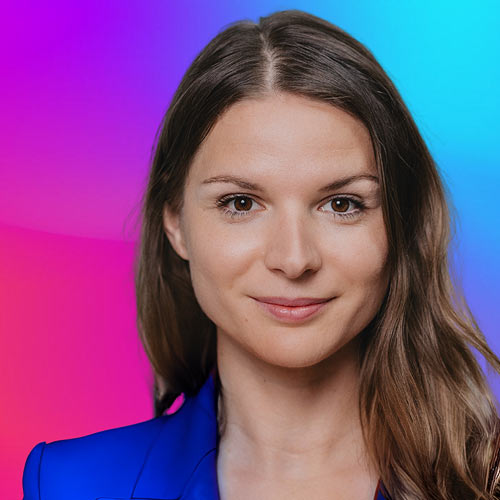
Photo: Anna Maria Brunnhofer-Pedemonte
Anna Maria Brunnhofer-Pedemonte
Anna Maria Brunnhofer-Pedemonte is the co-founder of Impact AI, a startup building an AIProductOps platform that ensures safe and high-quality AI applications. With a strong background in HCAI and AI strategy, Anna Maria is driven by a vision to build contextual AI systems that deliver real-world value and align with human and organizational goals. Impact AI’s agent-based platform supports AI delivery lifecycles through specialized autonomous agents. Previously, Anna Maria founded a digital strategy agency at the age of 19, alongside her studies, and went on to establish one of the first HCAI labs in 2018, focusing on human-centric AI development. At Impact AI, she is spearheading partnerships with global enterprises and exciting initiatives like Hera.space, created in collaboration with Terra Mater—a Red Bull company—Microsoft, and the European Space Agency. Her expertise spans compound-AI system delivery, AI validation, and AI verification. Impact AI is a Techstars startup and has become a global partner of Microsoft and Comcast LIFT Labs.
-
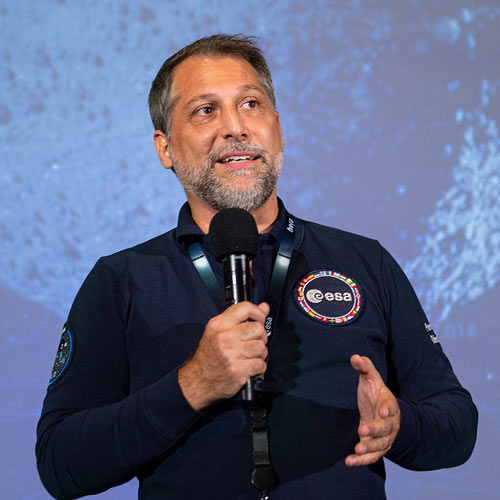
Photo: Ian Carnelli
Ian Carnelli
Ian Carnelli is a space systems expert who joined the European Space Agency (ESA) in 2005 as part of the Advanced Concepts Team. Throughout his career, he has led pioneering mission concepts to asteroids, playing a key role in establishing ESA’s planetary defence programme. As General Studies Programme Manager, he shaped future missions across all space domains, supporting critical enabling technologies and payloads. Since 2019, Ian has led the Hera planetary defence mission—launched in 2024 in collaboration with NASA’s DART—to validate asteroid deflection techniques. In 2024, he became Head of ESA’s Systems Department, overseeing end-to-end systems engineering, space systems and assembly, integration and testing, in-orbit technology demonstration missions, and cutting-edge domains like AI and advanced simulations.
-
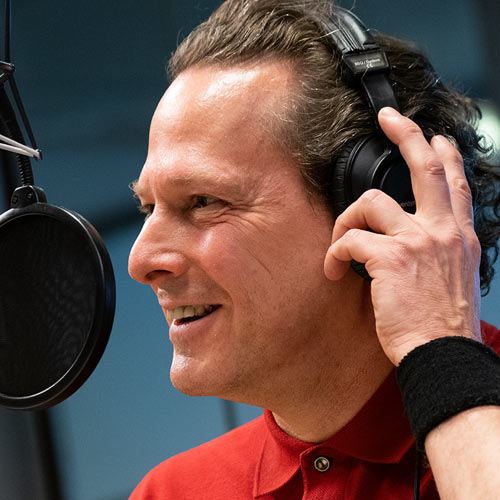
Photo: Thomas Ecke
Rupert Huber
Rupert Huber (*1967) lives in Vienna and works internationally. His innovative approaches and new forms of musical expression make him an important figure in the contemporary music scene. As a composer, he is best known for his music installations, the electronic music project tosca, and his piano pieces. For him, music is a form of communication and a means of promoting understanding.
-
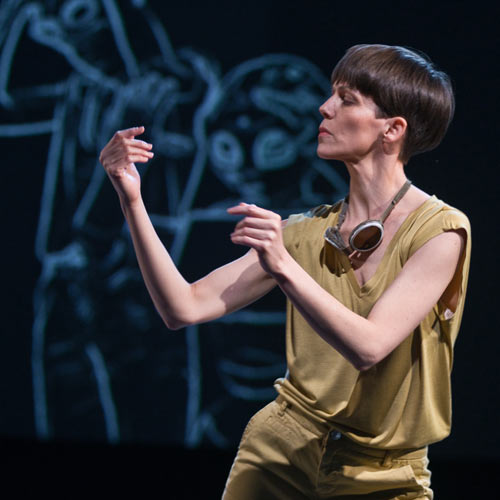
Photo: Loizenbauer
Eva-Maria Kraft
Eva-Maria Kraft is a contemporary dancer, dance teacher and choreographer for humans and robots. She studied at the Vienna Conservatory Private University/MUK and has been working as a freelance dancer since 2005. She runs the studio RAUM für TANZ in Vienna and teaches internationally. Eva-Maria Kraft’s artistic projects operate at the intersection of different art forms and sciences, exploring (artificial) bodies and are based on real-time composition of movement. Since 2017, she has been continuously involved in artistic research projects, developing collective and independent performances from them. As part of the transdisciplinary research group H.A.U.S., she works with Artificial Intelligence, co-developed the AI tool DANCR for dance improvisation, and has been choreographing and performing with humanoid robots for many years. Since 2020, she has been intensively engaged with the topic of ‘artificial bodies,’ for which she received an annual scholarship from the City of Vienna Culture Department, among others. She has shown her work at Belvedere Vienna, brut nordwest, BREAKDOWN Conference Berlin, Folkwang Museum Essen, Frauenmuseum Hittisau, ImPulsTanz, International Research Conference Robophilosophy DK, KRE:Π FESTIVAL Slovakia, Neurotechnology Congress Duisburg, Odeon Theatre Vienna, Performersion International Berlin, Theatermuseum Vienna, Tanzhaus Zurich, Transdisciplinary Symposium ‘Futurebody’ TU Berlin, Schaubude Berlin, Festspielhaus St. Pölten, Volkstheater Wien, and WUK.
-
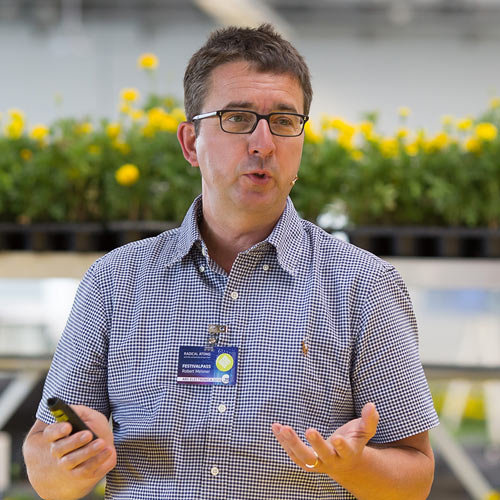
Photo: vog.photo
Robert Meisner
Robert Meisner studied geo-sciences at the University of Munich and holds a PhD from the mathematics faculty of the Free University of Berlin in geo-scientific data visualization. He worked at Stanford University in California, University College London and the German Aerospace Centre (DLR) before joining the European Space Agency in Frascati, Italy. Meisner has over 30 years of experience in Earth observation from space and has contributed to several space missions. Currently, he is responsible for ESA Earth observation communication and for the exhibition center Φ-Experience at ESA’s establishment in Frascati, Italy.
-
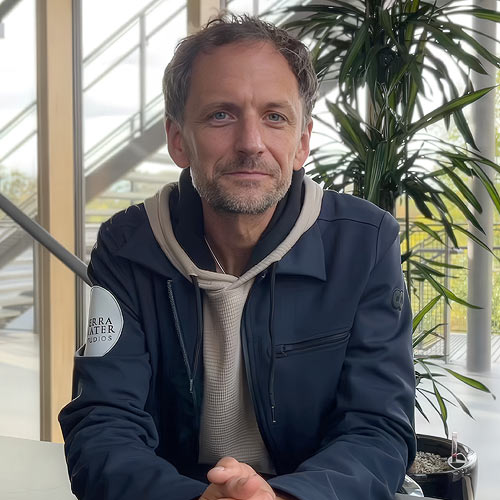
Markus Mooslechner
Markus Mooslechner is the developer of the HERA Space Companion for ESA – an AI-powered platform that combines data visualization and storytelling to make complex space missions accessible to a global audience. As Executive Producer at Terra Mater Studios, he is responsible for innovative formats at the intersection of science, technology, and media – recognized at the Cannes Corporate Media Awards and the New York Film Festival. An experienced science communicator with deep connections to CERN, ESA, and NASA, he also hosts the Space Café Podcast, where he engages leading figures in space exploration and future technologies in conversation.
